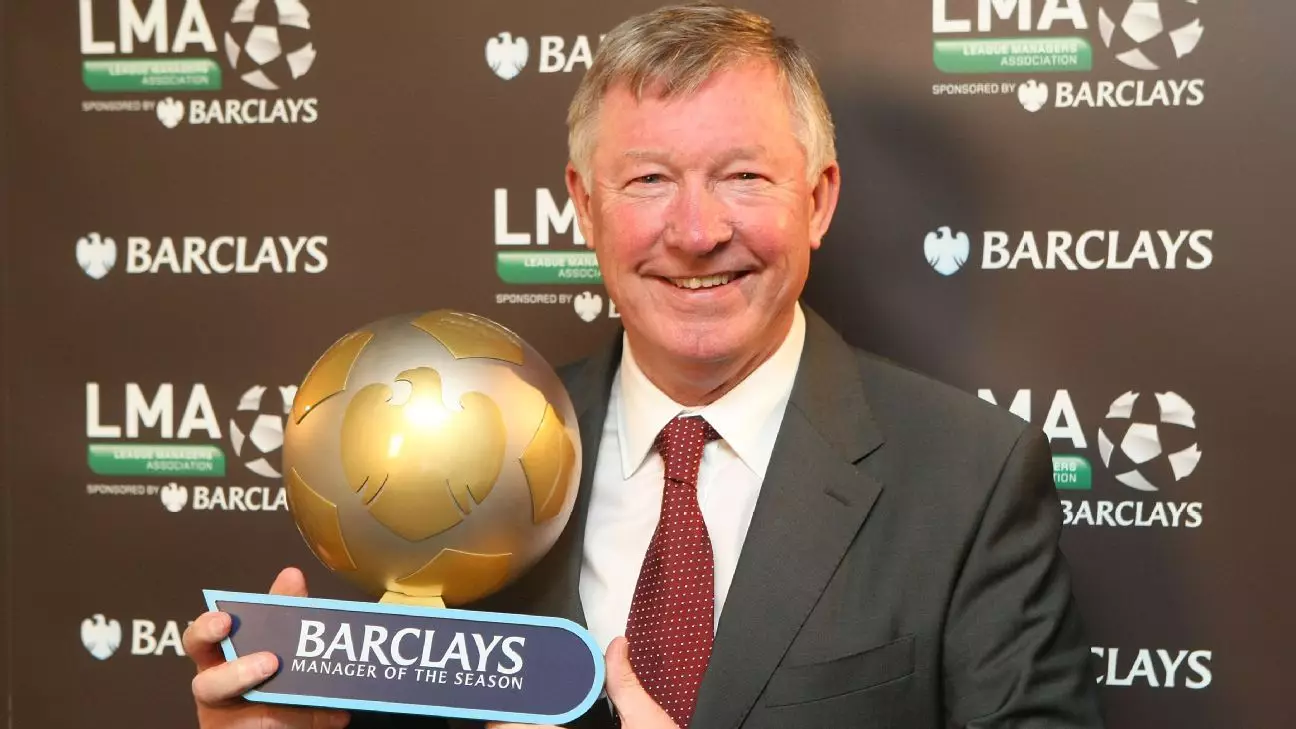Since taking the helm at Manchester City in 2016, Pep Guardiola has transformed the club into one of the most dominant forces in contemporary football. Previously known for his prowess as a defensive midfielder, Guardiola’s transition into a managerial role has elicited admiration and respect across the footballing world. His tactical acumen, characterized by a style focused on possession and pressing, has been crucial in establishing Manchester City as a major contender in both domestic and European competitions. The culmination of Guardiola’s efforts was evident in May 2024, when he led City to their sixth Premier League title in seven seasons, further solidifying his place in the annals of football history.
The significance of Guardiola’s success cannot be understated. By claiming four consecutive Premier League titles, Manchester City achieved a feat previously unseen in English football. This remarkable consistency performances throughout Guardiola’s tenure showcases not only his ability to adapt but also his intricate understanding of the game. Winning six Premier League titles in total places him among the most decorated managers in league history. However, it raises an intriguing question: how does Guardiola’s success compare to his predecessors?
When delving into the history of the Premier League, Sir Alex Ferguson’s unparalleled record remains the gold standard. With a staggering 13 titles, Ferguson’s reign at Manchester United from 1986 to 2013 was marked by tactical innovation and a knack for nurturing talent. His legacy is built on a foundation of dominance, tenacity, and the ability to inspire teams to greatness. Guardiola’s six titles, while impressive, fall short of matching Ferguson’s record. However, it’s essential to consider the changing nature of football, including factors such as player fatigue, increased competition, and the financial dynamics of the game.
In the discussion of Premier League management, it’s also crucial to acknowledge the contributions of José Mourinho and Arsène Wenger. Mourinho, with his three titles with Chelsea, brought a blend of psychological tactics and defensive solidity that disrupted traditional gameplay. His bold, often polarizing methods earned him a mixed legacy but undeniably impacted the league. Meanwhile, Wenger’s remarkable 22-year tenure at Arsenal, resulting in three league titles, marked an era of attacking football and youth development, solidifying him as a beloved figure despite his inability to capture a title in his final years.
While Guardiola’s six Premier League titles may not eclipse Ferguson’s towering 13, his achievements must be viewed within the context of today’s football landscape. The influence of modern technology, analytics, and sports science has reshaped managerial approaches, making Guardiola’s tactical innovations even more significant. His ability to consistently guide Manchester City through the pressures of modern football speaks volumes about his prowess as a coach.
Guardiola’s success encapsulates a modern style of football management, characterized by adaptability, innovation, and psychological resilience. As he continues his journey, one can only speculate on the heights he might yet reach and how his unique style will leave an indelible mark on the sport.

